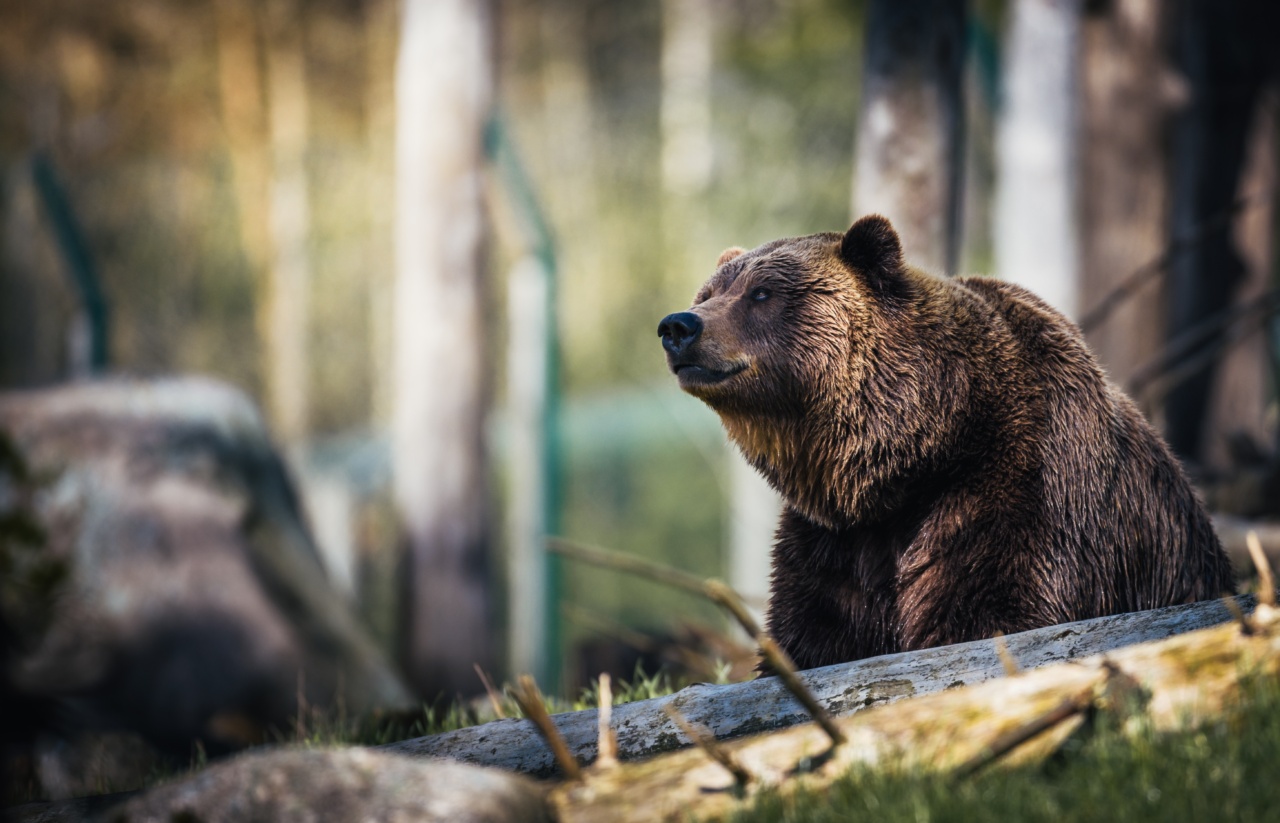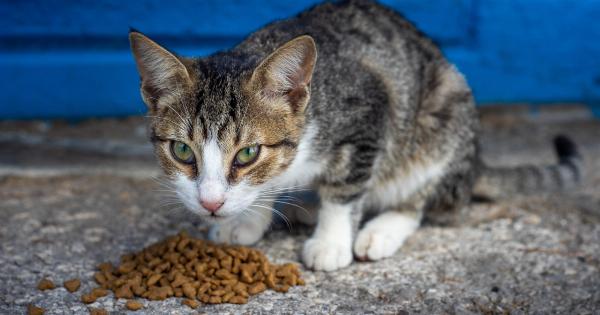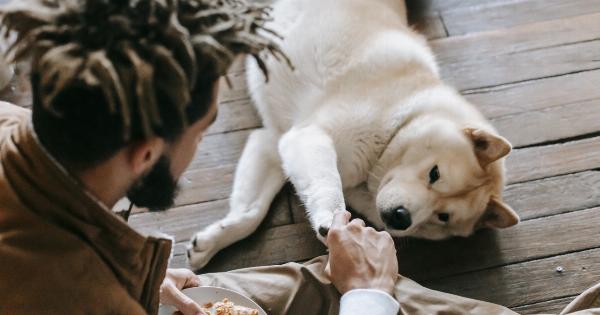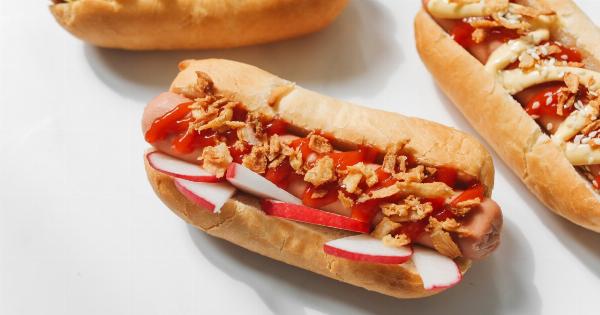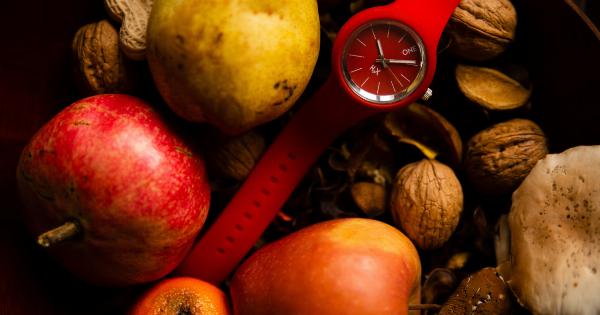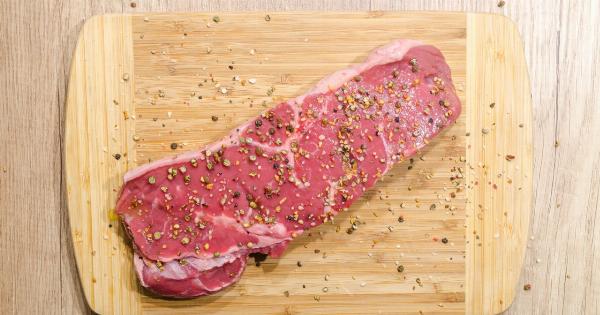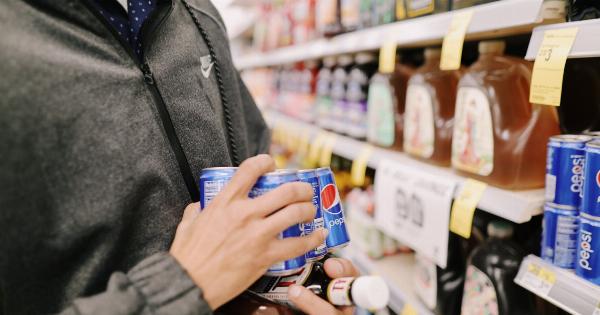We all love to spoil our furry friends with treats and food, but as a responsible pet owner, it is important to understand what is safe and what is not. Some foods that are safe for us can be dangerous and even toxic for our cats and dogs.
In this article, we will discuss some of the dangerous treats for furry friends and why they should be avoided at all costs.
1. Chocolate
Chocolate is a popular treat for humans, but it can be toxic to dogs and cats. Chocolate contains a chemical called theobromine, which can cause vomiting, diarrhea, seizures, and even death in some cases.
The darker the chocolate, the more toxic it is for pets, so it is important to keep it out of their reach.
2. Grapes and Raisins
Grapes and raisins may seem like a healthy snack, but they can cause kidney failure in dogs. Even a small amount of grapes or raisins can be toxic for some dogs, so it is better to avoid giving them to your furry friend altogether.
Symptoms of grape or raisin toxicity may include vomiting, diarrhea, lethargy, and decreased appetite.
3. Onions and Garlic
Onions and garlic can cause anemia in cats and dogs. It is not clear what compound in onions and garlic causes this, but it is believed to be related to the damage these foods can cause to a pet’s red blood cells.
Symptoms of onion and garlic toxicity may include weakness, lethargy, pale gums, and increased heart rate.
4. Alcohol
Alcohol is extremely dangerous for pets and can cause vomiting, diarrhea, seizures, and even respiratory failure. Even a small amount of alcohol can be toxic for pets, so it is important to keep alcoholic drinks out of their reach.
Symptoms of alcohol toxicity may include lethargy, staggering, and disorientation.
5. Coffee and Tea
Coffee and tea contain caffeine, which can cause restlessness, rapid breathing, heart palpitations, muscle tremors, and even death in pets. Theobromine, which is also found in chocolate, is also present in tea and can be toxic to pets.
It is best to avoid giving any caffeinated drinks to your furry friend.
6. Macadamia Nuts
Macadamia nuts can cause vomiting, lethargy, hyperthermia, and tremors in dogs. Like grapes and raisins, even a small amount of macadamia nuts can be toxic to some dogs.
Symptoms of macadamia nut toxicity may include weakness, depression, vomiting, and hyperthermia.
7. Xylitol
Xylitol is a sugar substitute that is commonly found in sugar-free gum and candy. It can cause a rapid insulin release in dogs, which can lead to hypoglycemia (low blood sugar), seizures, and even liver failure.
Symptoms of xylitol toxicity include vomiting, loss of coordination, seizures, and coma.
8. Avocado
Avocado contains a chemical called persin, which can cause vomiting and diarrhea in pets. The pit of an avocado can also cause a bowel obstruction if ingested by a pet.
While small amounts of avocado flesh are generally safe for dogs, it is best to avoid giving them to your furry friend altogether.
9. Bones
Bones may seem like a natural treat for pets, but they can be dangerous for several reasons. Cooked bones can splinter and cause internal injuries or blockages in a pet’s system.
Bones can also fracture a pet’s teeth, which can be painful and expensive to repair. If you want to give your furry friend a treat, it is best to stick to specially made chew toys or treats that are designed for their teeth.
10. Raw Meat and Fish
Raw meat and fish can contain harmful bacteria and pathogens that can cause illness in pets. These include salmonella, E. coli, and listeria.
Raw diets have gained popularity in recent years, but they can be risky for pets, especially if the meat has not been prepared safely and hygienically.
As a pet owner, it is important to be aware of the foods that are dangerous and toxic to your furry friends. If you suspect that your pet has ingested something harmful, contact your veterinarian immediately.
Remember, prevention is key, so it is always best to avoid giving your pets dangerous treats in the first place.
